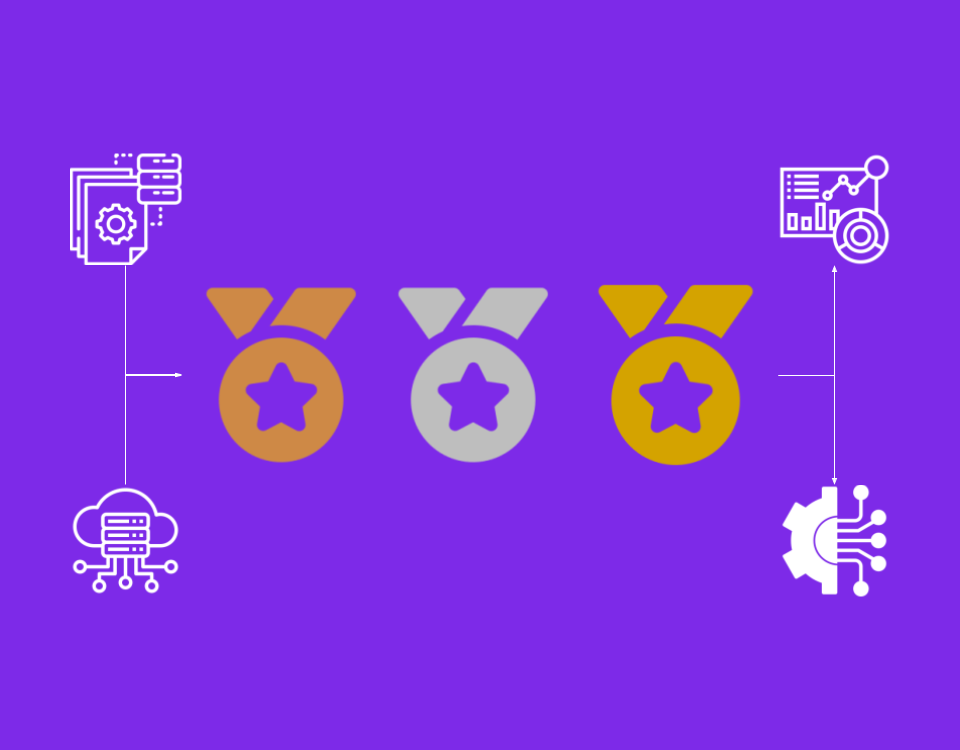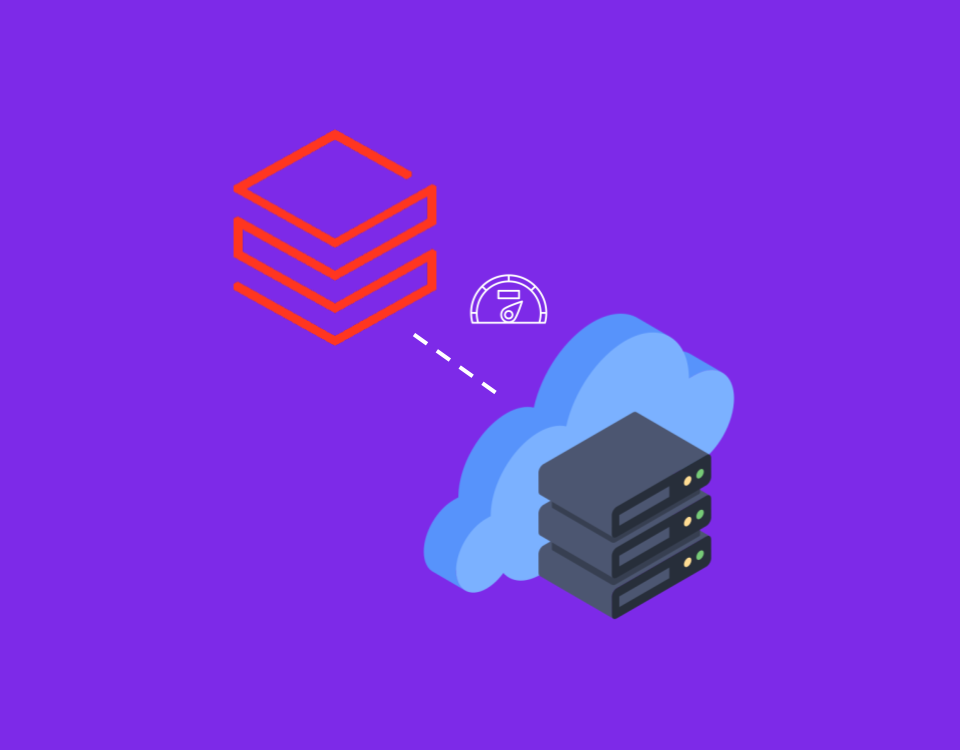Cloud has established itself in every business sector and proven itself advantageous. It has undoubtedly transformed the way of doing business. It helps to work with the latest technologies and offers more flexibility, adequate cybersecurity, and better data management.
According to Cisco,94% of workload by businesses is processed by the cloud platform. (infographics)
Cloud has done a splendid job in supporting the business in this pandemic situation. Every business eventually will adapt to the cloud platform for the betterment and more productive results.
Here are top cloud trends that you should watch out for
- Hybrid cloud
A Hybrid cloud is a fusion of public and private clouds. It shares the data and files between them. It is a type of multi-cloud that uses the features of private cloud and public cloud accompanying on-site deployment. This cloud model is more reliable and flexible. It permits businesses to store sensitive files and data in the private cloud while storing less sensitive data in the public cloud.
The market estimate of the Hybrid cloud is 52.16 billion dollars and expected to reach 145 billion dollars by 2026. (Infographics)
Hybrid clouds are economical, secure, agile, and scalable. It also decentralizes data and supports mobility giving access to remote work. Microsoft Azure provides various Hybrid cloud services like Azure stack, Azure defender, Azure arc, and so on. Hybrid cloud optimizes efficiency and productivity that leads businesses towards success and beneficiary.
- Edge computing
Edge computing is extensively popular and growing every year. It offers a distributed computing model, operational efficiency, quick response time, low latency, and wide bandwidth availability.
Edge computing is linked to 5G technology. It offers real-time decision-making, low latency streaming and gaming, and artificial intelligence.Edge computing also plays a crucial role in IoT. IoT has the ability to connect the device to the internet and make it actionable. Edge computing can manage the large amount of data produced by IoT devices. It encourages concepts like virtual shopping malls, smart cars, smart bulbs, Amazon Alexa, etc.
When IoT combines with 5G, there is a drastic improvement in the speed which increases the ability of real-time devices. IoT opens opportunities for great innovations and helps in automating devices.
- Serverless Architecture
Cloud platform offers serverless architecture. It provides the facility of development and the testing environment without having to control or manage physical infrastructure. All the maintenance and updating is done by cloud service providers by paying a rational amount of money.
A lot of businesses have already embraced serverless infrastructure in order to focus on growth and development. Serverless architecture is a blessing of startups and small-scale businesses that cannot afford on-premise infrastructure management.
Various companies offer such architectures. One such example is amazon web servers(AWS). All your applications run on AWS servers and are regularly managed by them. The popularity of serverless architecture will only grow more with time. It gives the liberty to work on developing new features instead of worrying about infrastructure management.
- Cloud management and Cloud Optimization
As people are shifting to the cloud platform, efficient cloud management is very necessary for adequate cloud services and optimizing the cost.
For example, if you are using a development environment only on business days and not on weekends, you should turn off computing resources on those days. Similarly, switching to the serverless infrastructure where the workload is not constant is a recommended move. AI systems can suggest upgrade or downgrade of services based on real-time scenarios.
- Integration of AI and ML
AI is one of the top trends of cloud computing in 2021. Developers are integrating AI with cloud computing to increase operations and functions. AI encourages the businesses' scalability, management, and automation of the process. It adds additional security features and terminates any error before any serious damage.
ML algorithm assists data centers to work more efficiently, detect error and defend from attack. The revenue of AI is expected to cross $300 billion by 2024.
To sum up, the scope of cloud computing is very high. Various innovations will happen in the cloud computing field that revolutionizes the whole existing applications and can be accessed from anywhere at any time of the day.




